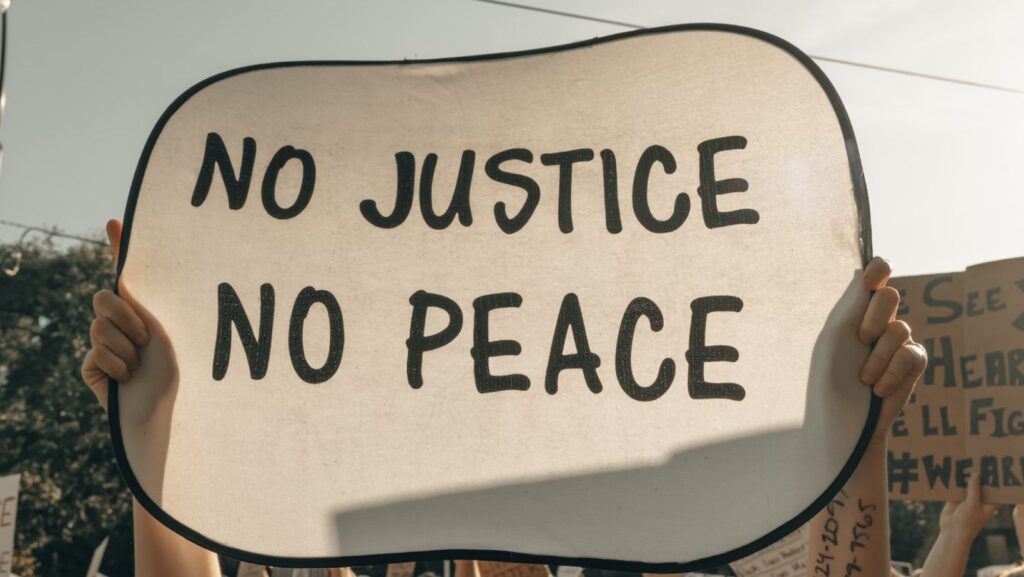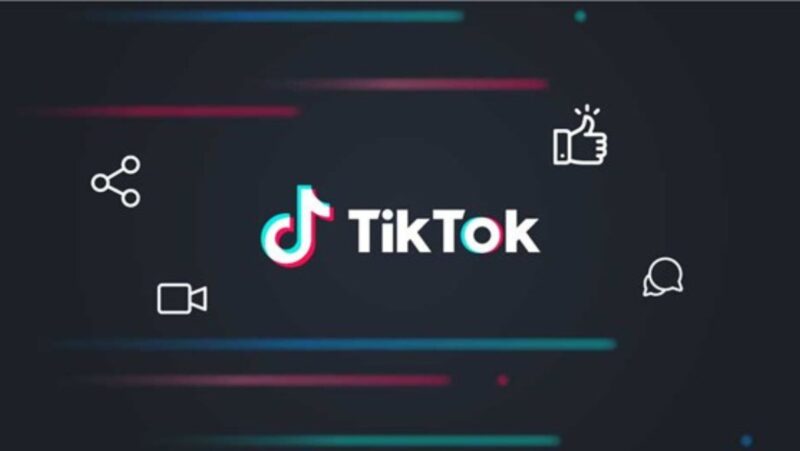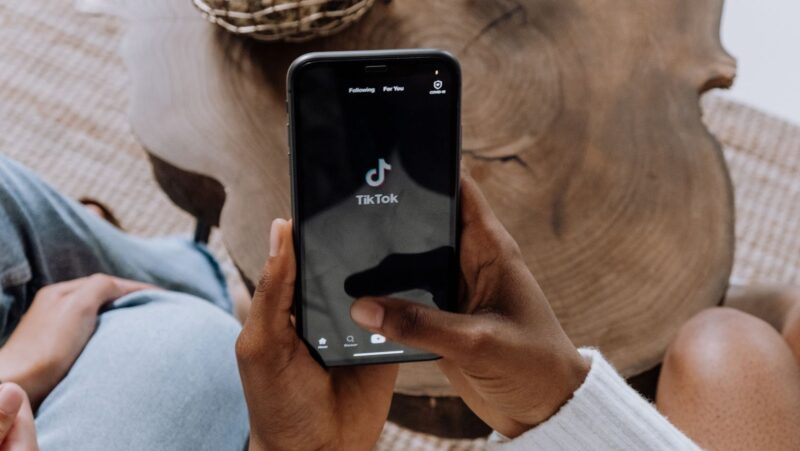
In California, people’s civil rights are protected both federally and under state law. The reason why people are protected in this way is so that everyone can be treated fairly and discrimination can be eliminated. In California, people have certain civil rights. These include freedom of expression on social media. But that doesn’t mean that anyone can say anything on social media.
What Are the Civil Rights People Have in California
In California, people have the right to be protected from discrimination. This is not only in California, but there are laws in the US constitution that prevent discrimination based on race, color, sex, gender, religion, national origin, disability, and sexual orientation. California has extra laws on this issue and does its best to prevent this discrimination. If you believe that your civil rights have been violated in California, particularly in Fresno, you should seek redress in the legal context and contact the most suited Fresno civil rights attorney to you.
In California, people have freedom of speech and assembly. This means that people can express themselves without hate speech, have freedom of the press and assemble peacefully. In California, there are clearer lines drawn about how to better enforce these rights in places like workplaces or educational institutions.

However, there are many civil rights, including equality in education, disability rights, protection against sexual harassment and violence, housing rights, LGBTQ+ rights, immigrant rights, protection against police brutality and arbitrary detention, and labor rights. The reason for these rights is to protect all individuals residing in California. From the state’s point of view, on top of the laws made in the federal context, various laws have been introduced to ensure the safety of citizens in a broader context.
The First Amendment recognizes that individuals have the right to criticize the government and express their opinions freely. But the situation changes a bit when it comes to private companies and social media platforms. Because social media platforms are also private companies, they can have their own community rules outside of these laws. And social media platforms can operate according to these community rules, which means that they can decide what is and is not prohibited within the platform.
California Constitution
The California constitution, like federal law, guarantees freedom of expression.

However, such expression may be restricted for individuals who engage in violence, hate speech, slander, or endanger public safety.
As mentioned earlier, social media platforms may have their own community guidelines, which allow them to moderate and remove content from their users. Again, as with federal law, content that contains hate speech, calls for violence, or misinformation will be removed. However, because social media platforms are also private companies, they are not considered public fora, so there will not be unlimited free speech as in the First Amendment. These platforms protect freedom of expression, but they also apply their own rules.










